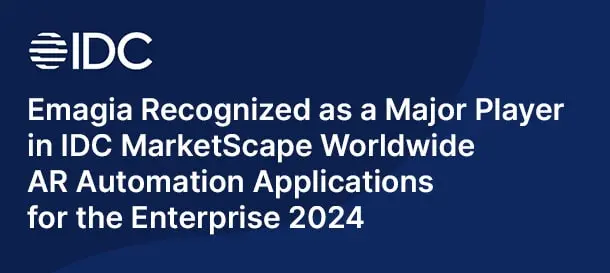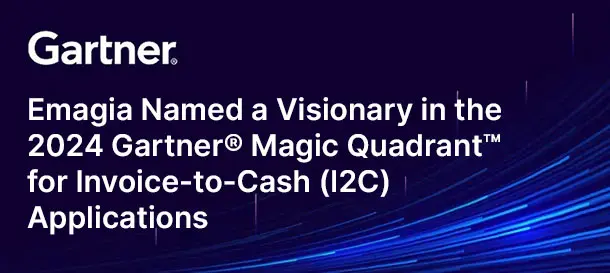Introduction to Proforma Invoices
A proforma invoice is a preliminary document issued by a seller to a buyer that outlines the details of a proposed transaction. Unlike a commercial invoice, which is used for final billing, a proforma invoice serves as a declaration of intent and provides an estimate of costs, terms, and conditions.
Proforma invoices are widely used in both domestic and international trade. They help set clear expectations by detailing the goods or services to be delivered, the agreed-upon price, and any other relevant transaction terms. This transparency minimizes misunderstandings and builds trust between parties.
These invoices are particularly important in international trade, where they assist with customs clearance and compliance with import-export regulations. For businesses, proforma invoices play a crucial role in managing internal approvals and aligning financial planning with operational goals.
Key Components of a Proforma Invoice
A well-structured proforma invoice includes the following key components:
1. Seller and Buyer Information
The name, address, and contact details of both parties ensure clarity and accountability.
2. Description of Goods or Services
A detailed list of items, including quantities, specifications, and any relevant identifiers like product codes.
3. Pricing and Payment Terms
Unit price, total cost, applicable discounts, and payment methods (e.g., bank transfer or letter of credit).
4. Delivery and Shipping Details
Estimated delivery dates, shipping methods, and associated costs.
5. Taxes and Additional Charges
Breakdown of applicable taxes, duties, and surcharges to ensure full transparency.
6. Terms and Conditions
Policies on returns, warranties, or penalties for non-compliance with the agreement.
By including these elements, businesses create clear, professional documents that facilitate smooth transactions.
Differences Between Proforma Invoices and Other Invoice Types
Understanding the distinctions between proforma invoices and other invoice types is crucial for effective business operations.
Proforma Invoice vs. Commercial Invoice
- A proforma invoice is non-binding and provides an estimate of costs and terms.
- A commercial invoice is a legally binding document used for final payment and customs clearance.
Proforma Invoice vs. Sales Invoice
- A sales invoice is issued after a sale is confirmed and goods are dispatched.
- A proforma invoice is issued earlier in the sales process as a quotation.
Proforma Invoice vs. Quotation
- While a quotation is informal and often includes limited details, a proforma invoice is more comprehensive, often used in international trade.
By understanding these differences, businesses can use the right document for each stage of their transactions.
Situations Requiring a Proforma Invoice
A proforma invoice is essential in the following scenarios:
1. International Trade
Customs authorities often require proforma invoices for duty calculations and pre-clearance.
2. Internal Purchase Approvals
Organizations use proforma invoices to seek budgetary or managerial approval before committing to purchases.
3. Providing Detailed Cost Estimates
Buyers request proforma invoices to review potential costs and terms without committing to a purchase.
4. Facilitating Business Transactions
Seller use proforma invoice to outline transaction details, build trust, and expedite agreements.
Step-by-Step Guide to Creating a Proforma Invoice
Creating a professional proforma invoice involves these steps:
Step 1: Gather Necessary Information
Collect details about the buyer, seller, products, pricing, and terms.
Step 2: Use a Standard Template
Leverage pre-designed templates or invoicing software for consistency and professionalism.
Step 3: Include All Required Elements
Add seller/buyer information, product descriptions, pricing, taxes, delivery details, and terms.
Step 4: Ensure Compliance
Verify that the invoice adheres to local and international trade regulations.
Step 5: Review and Share
Double-check for accuracy and send the invoice to the buyer for review.
Legal Status and Binding Nature of Proforma Invoices
A proforma invoice is typically non-binding and does not constitute a final agreement. It serves as a precursor to a contract, offering buyers an estimate of costs and terms.
However, in some cases, a proforma invoice may be legally binding if it is explicitly agreed upon in writing by both parties. Businesses should clarify its status before proceeding to avoid disputes.
Utilizing Proforma Invoices in International Trade
In international trade, proforma invoices are critical for:
Customs Declarations
Customs officials use proforma invoices to calculate duties and taxes.
Smooth Transactions
By providing clarity, proforma invoices minimize delays and misunderstandings.
Regulatory Compliance
They help businesses meet import-export documentation requirements.
Tools and Templates for Proforma Invoices
Proforma invoice templates and software simplify the invoicing process:
Templates
Free or paid templates save time and ensure accuracy.
Software
Using these resources ensures consistency and compliance.
Frequently Asked Questions (FAQs)
What is the difference between a proforma invoice and a quote?
A proforma invoice provides detailed terms, while a quote is often less formal.
Can a proforma invoice be used for payment?
No, it cannot. Payment is made against a commercial invoice.
Is a proforma invoice legally binding?
Usually, it is not binding unless explicitly agreed upon by both parties.
When should a proforma invoice be issued?
It is issued before finalizing a sale or agreement.
How does a proforma invoice differ from a commercial invoice?
A commercial invoice is used for final billing, while a proforma invoice is preliminary.
Conclusion
Proforma invoices are indispensable tools for businesses, particularly in international trade. By providing clarity and transparency, they help avoid misunderstandings, ensure compliance, and build trust between buyers and sellers. To maximize their benefits, businesses should use professional templates and clearly communicate the terms of the invoice.



